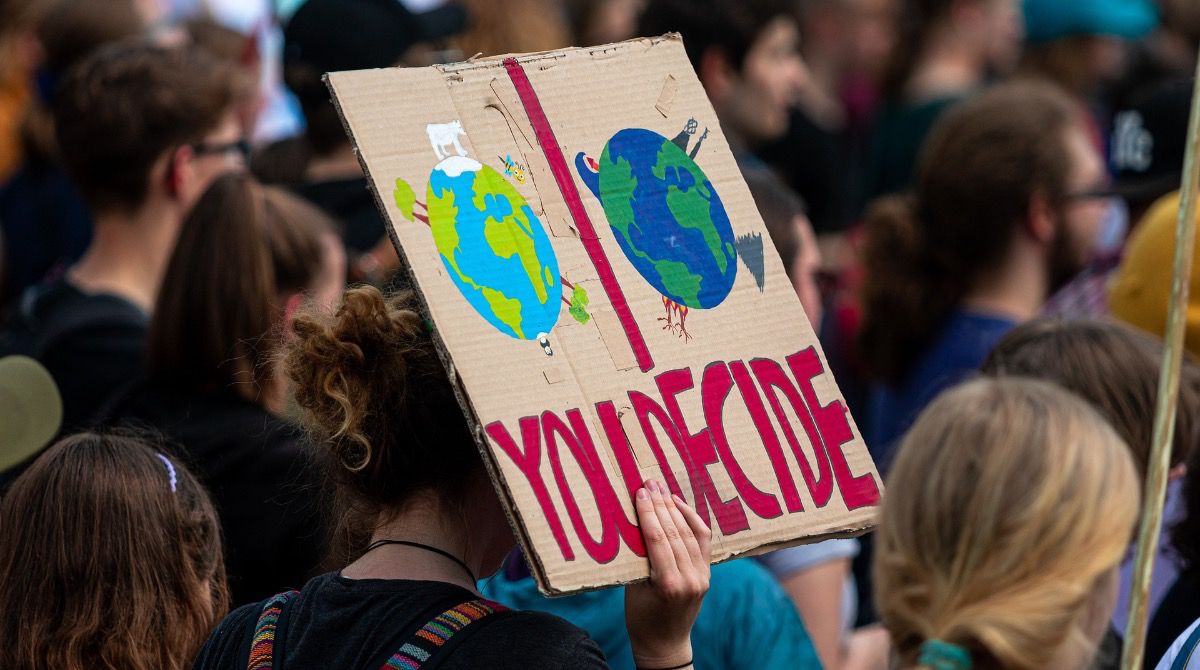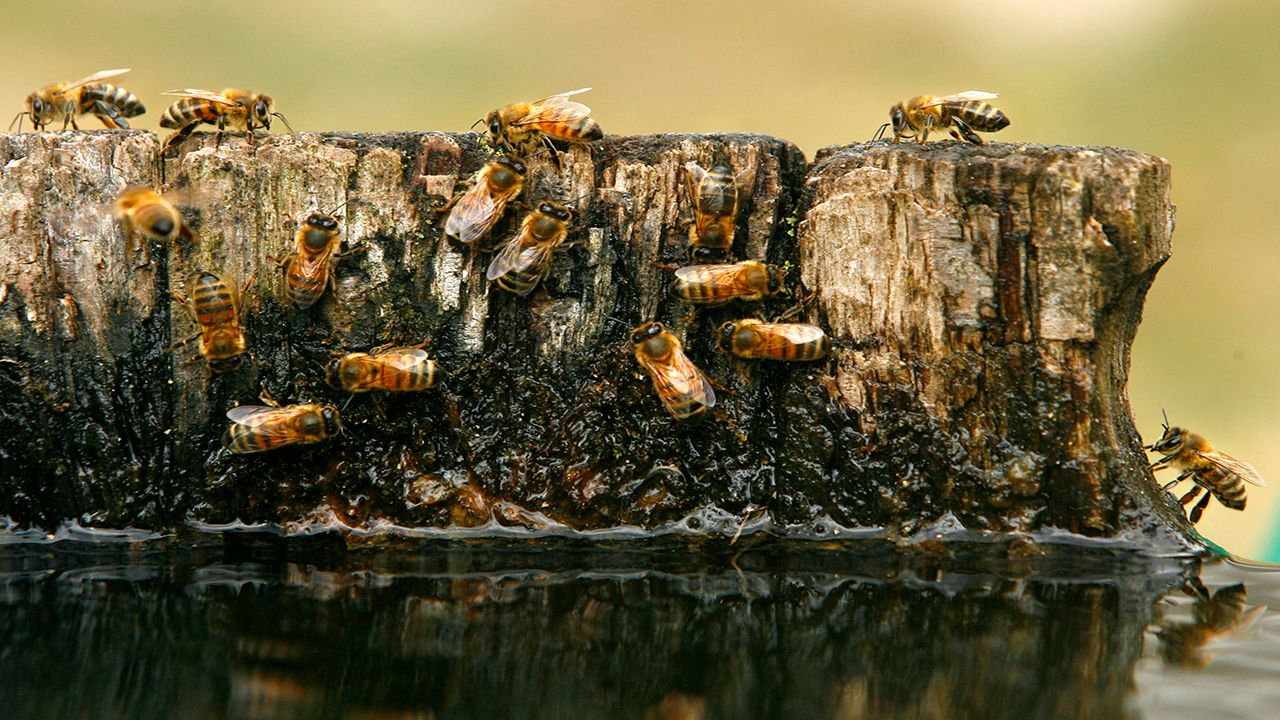Many people are worried about our climate and are seeking help to navigate their emotions.
Over two-thirds of Americans have experienced eco-anxiety, according to a 2019 survey from the American Psychological Association (APA).
Eco-anxiety or climate anxiety is not a mental illness, but a chronic fear of environmental doom and the associated concern for one’s future and that of the next generations.
Eco-anxiety can make you feel hopeless, angry or fearful.
We talked to two mental health professionals about climate anxiety.
Carol Bartles is a licensed marriage and family therapist who helps people with eco-anxiety. The California therapist says there is an emotional response to what is happening with climate change.
“We cannot turn on the TV these days without seeing evidence of it [climate change], wildfires, flooding cities, hurricanes, melting glaciers. It’s there for us to see and, of course, we are going to have an emotional reaction to it,” said Bartels.
Climate distress also encompasses other emotions as well. People with climate anxiety could also feel guilt about the environment, feeling grief over a destroyed habitat or extinct species, or feeling hopelessness about the world.
“The anxiety is often focused on as the main emotion, but it is a constellation of different emotions that fits the circumstance,” Bartels said.
Children and young adults are also worried about the effects of climate change and our environment. According to a study by The Lancet, 84% of young people between the ages of 16-25 are moderately worried about climate change while 59% are extremely worried about it.
It’s not surprising to clinical psychologist Dr. Steve O’Brien that young people are worried about climate change. The Florida psychologist specializes in treating children, teens, and young adults on a range of mental health issues, including climate distress.
Through his years of practice, he found that the younger generation is much more tuned in about current events and the environment.
“The [kids] that are concerned with the environment are people who are socially minded, globally aware, very conscientious and they think a lot about their future and also think in a global sense about the future of the world,” explained Dr. O’Brien.
He also told us because of more news coverage around climate change and weather events, some kids have become preoccupied with it.
“They will worry about whether if there is a hurricane. If they live in Florida, that’s a common one. If they live somewhere else, whether if there is an earthquake or tornado. They are often very weather preoccupied,” Dr. O’Brien told Spectrum News.
Plus, Dr. O’Brien says kids dealing with some form of eco-anxiety also care a lot about the environment and animals too.
“I will hear parents talk a lot about how much their child loves animals and they feel for them. So, a lot of this eco-anxiety it’s not just for the environment it’s self and the preservation of the land, the climate or the well-being of the people in it but the well-being of the animals in it as well,” said Dr. O’Brien.
Managing eco-anxiety varies from person to person. At her practice, Bartels focuses on validating the emotion of her climate distress clients and making realize they their feelings could be useful.
“These feelings [from eco-anxiety] can lead to developing resilience and to motivate us to making changes in this world,” Bartels said.
She also encourages her patients to get more connected with nature by gardening or sightseeing.
Bartels says this will help people get gratitude and appreciation for their environment and, in return, build resilience and engage in a way that values our environment.
For Dr. O’Brien, he advises his patients to practice the 3 r’s, which are recognition, relaxation and redirection.
It’s all about recognizing the anxiety and realizing that everything that concerns you will not happen right now.
Plus, part of managing climate anxiety includes relaxing your brain and redirecting your emotion into enjoyable and productive tasks.
Eco-anxiety is still new in the mental health space, but people are now recognizing they are dealing with it and are seeking help.
Our team of meteorologists dives deep into the science of weather and breaks down timely weather data and information. To view more weather and climate stories, check out our weather blogs section.
Keith Bryant - Senior Digital Weather Producer
Keith Bryant is a meteorologist and Senior Digital Weather Producer for Spectrum News. He graduated from San José State University and Mississippi State University with degrees in Broadcast Journalism and Operational Meteorology. He started his career as a news producer working in various markets. After 6 years of TV news, he’s excited to inform the public on the latest weather news for Spectrum.







